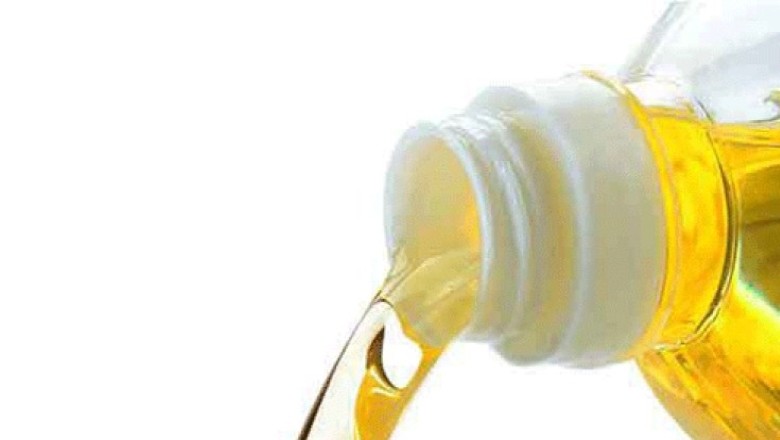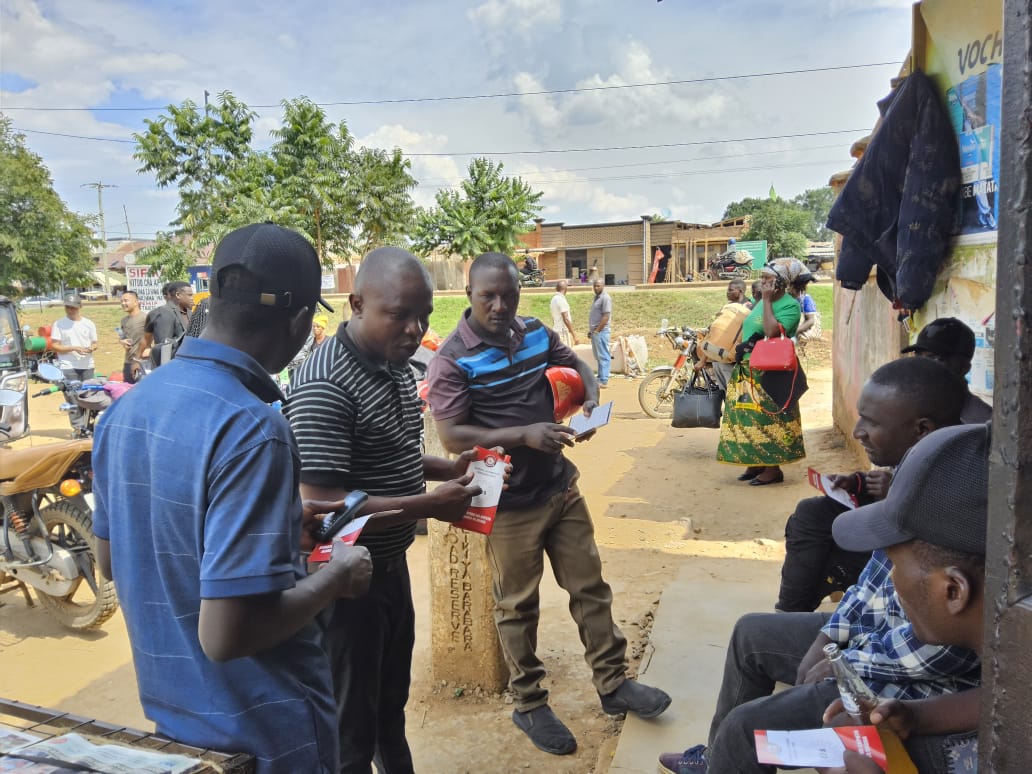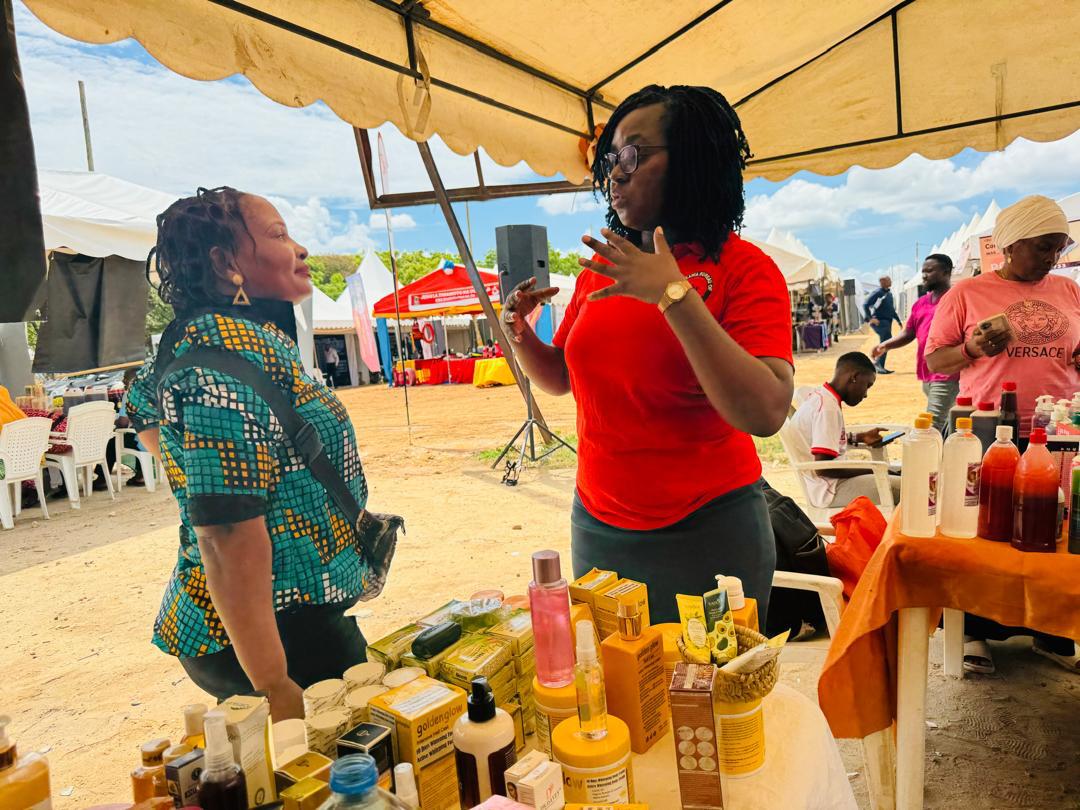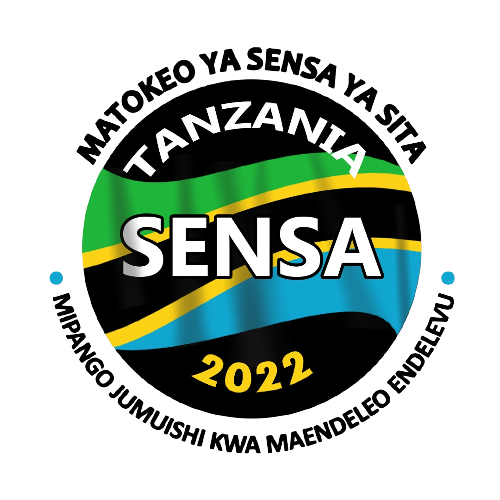TBS reaches more than 1,700 edible oil stakeholders

The Tanzania Bureau of Standards (TBS) has conducted training programme to over 1,700 producers, distributors and sellers of edible oil in the central zone regions.
The training focused on production and right conservation of edible oil particularly putting correct information in the packaging materials.
The two weeks training programme that started from September 21st to October 1st this year was conducted in Mkalama, Kiomboi, Sikonge, Urambo, Shelui, Tabora Municipal and Nzega.
Others areas covered are namely Igunga, Singida municipal, Kondoa Irangi, Kongwa, Mpwapwa, Kibaigwa, Chamwino, Itigi, Manyoni, Dodoma City and Bahi.
TBS conducted the training programme in collaboration with the Ministry of Industry and Trade, Small Industries Development Organisation (SIDO) as well as the commercial, health, development officials.
The TBS Quality Management Director, Lazaro Msasalaga, said the training aimed at providing awareness to the stakeholders on the various opportunities offered by the government in order to improve the quality of their products to meet the required quality standards that would ultimately help to expand domestic and foreign markets.
Mr Msasalaga advised them to abide to the rules and regulations guiding production and quality and safe conservation to avoid losing markets as well as facing penalties for dealing with low quality goods.
He added, “I urge you to make regular contact with the TBS offices in order to get the right technical advise with regards to the whole value production chain of edible oil,”
On his part, the TBS Research and Training Manager, Hamis Sudi Mwanasala, said the training to stakeholders in the edible oil industry will be conducted countrywide and to begin with the central zone regions of Dodoma, Singida and Tabora have been reached.
“This is just the beginning of the training programmes and TBS is planning to reach all stakeholders from the grass root level. After covering the central regions, Southern Highlands zone regions, other parts of the country will be reached soon,” he noted.
The trainings are financed by the government and thus are provided freely. This is why we will have to reach all stakeholders in the country.
Apart from providing knowledge on issues related to quality control on edible oil, TBS used the platform to inform the stakeholders on the roles of the standard watchdog including those assumed from the former Food and Drugs Authority (TFDA).
The acting head of TBS from the central zone, Salome Emmanuel emphasized on the need for entrepreneurs to use the unique opportunity of acquiring the TBS quality mark by sending their application freely through SIDO so that the government can recognize small scale producers of edible oil because they fall under the category that must bear the TBS quality mark after meeting the set up quality standards.
The training was conducted in some organized places that brought together stakeholders from the edible oil industry but also TBS took initiative to reach others in their places of business or production such as Pandambili (Kongwa), Singida main market, Pahi Division (Kondoa), majengo market (Dodoma city) and Mitundu (Itigi).
Others are Nzega main market, Tabora main market and those sellers in the road side in Shelui district.
Ms Emmanuel said the objective of reaching stakeholders is to impart education and provide awareness on the side effects of putting edible oil under sunlight, heat and air that may cause health problems to the users.
Stakeholders were thus directed to improve the conservation environment of edible oil as well as put correct information on the packaging materials.
The edible oil producer, Daud Makala and edible oil seller, Eunice Maneno from Dodoma who participated in the training applauded TBS for the efforts in helping stakeholders in various sectors particularly in the edible oil to make sure that they meet the required quality standard of their products.
They however urged TBS to ensure that they conduct trainings alongside inspections in the markets in order to remove low quality products from the market.


.jpeg)



